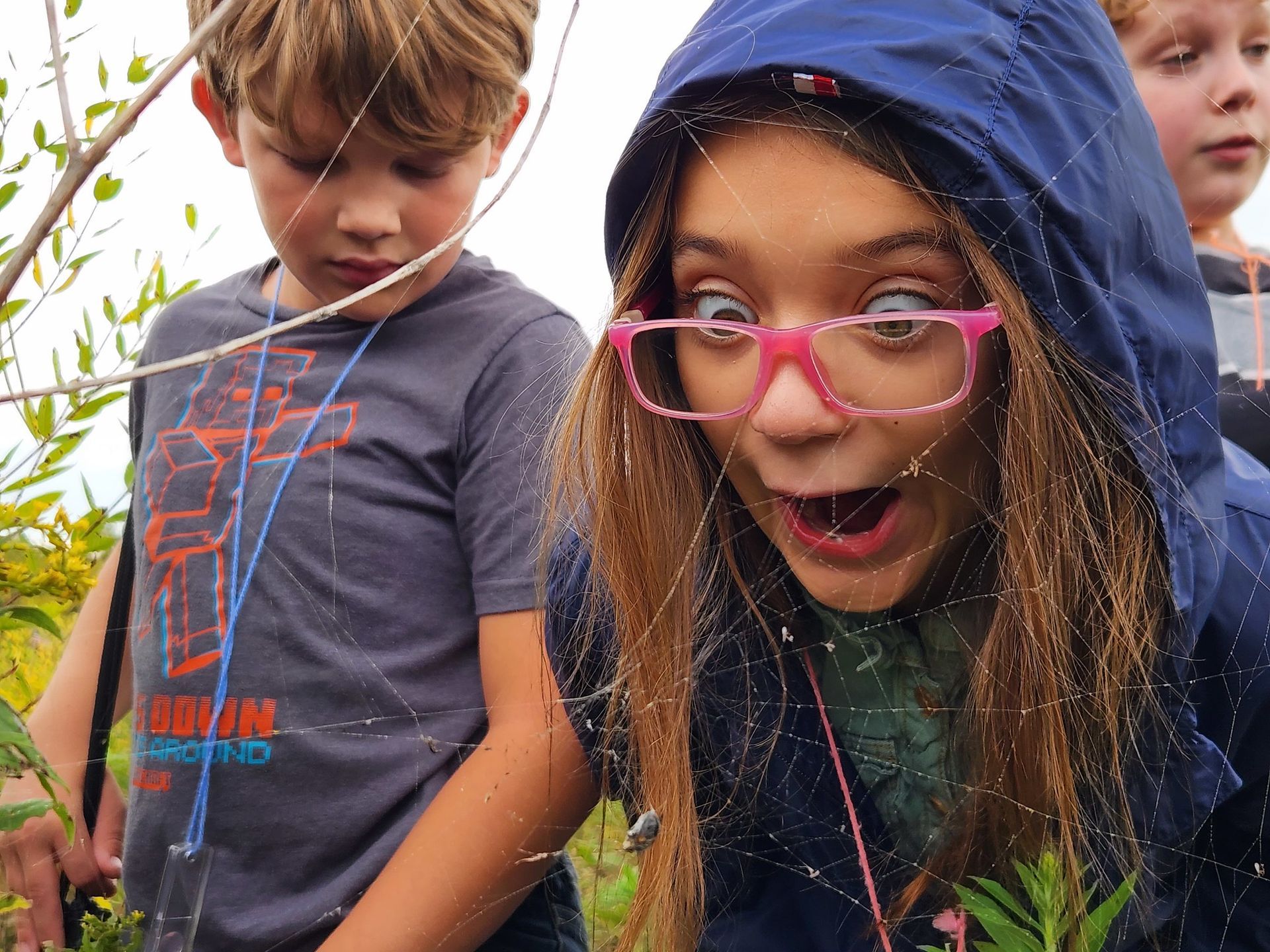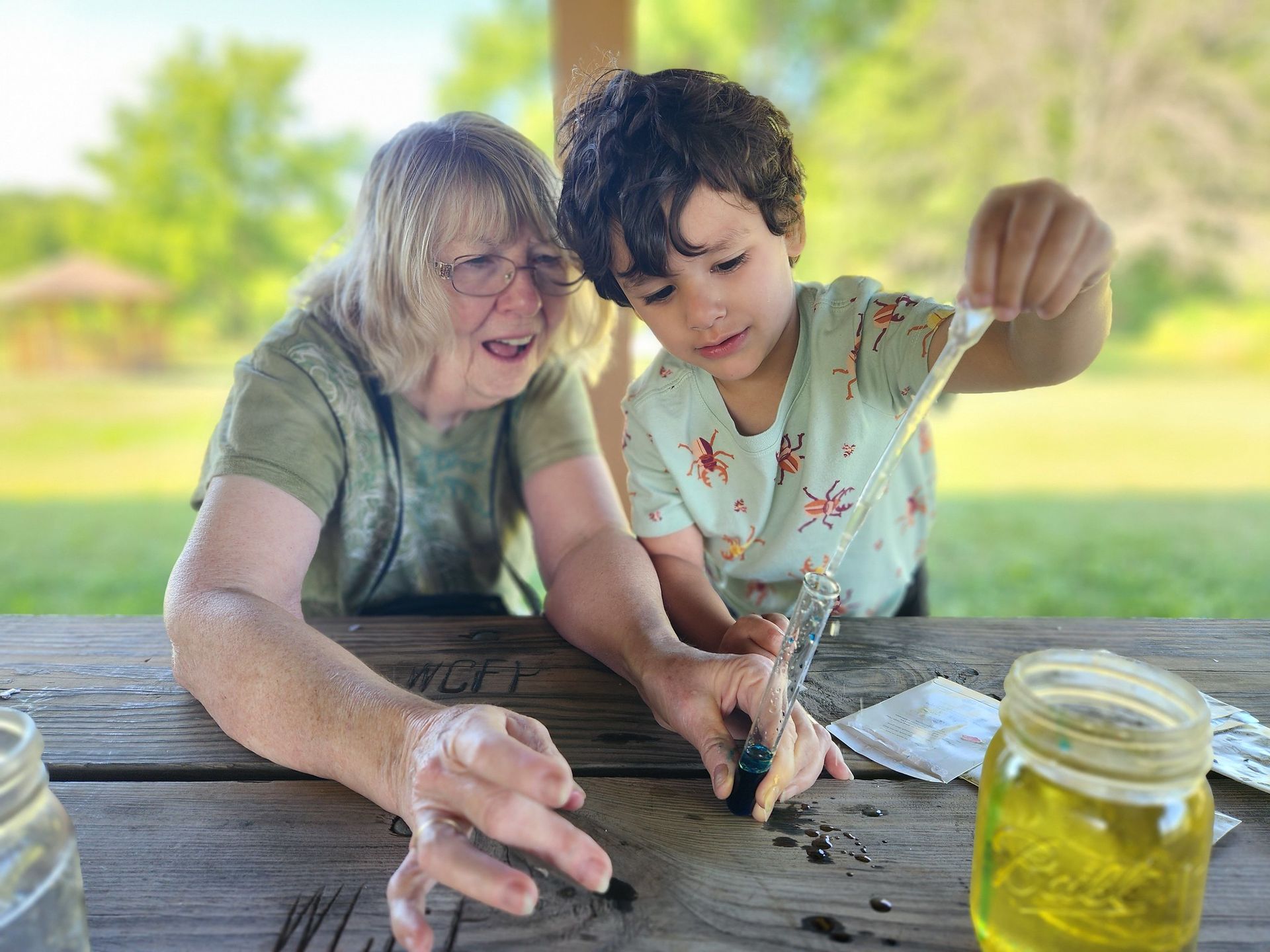Discover Your Place in Nature
Come and explore Severson Dells, with our hiking trails, visitor center, The Grove Nature Playscape and gift store. We offer a wide range of engaging programs for all ages to connect with nature.
Featured Programs
Discover a Sense of Belonging
Everyone belongs in nature. Join us as a member and discover a sense of community with other nature lovers and the wild world itself! Your membership helps to make nature education more accessible to everyone now and for future generations. Click below to learn more about the benefits of joining as a member of Severson Dells.
Field Notes Blog
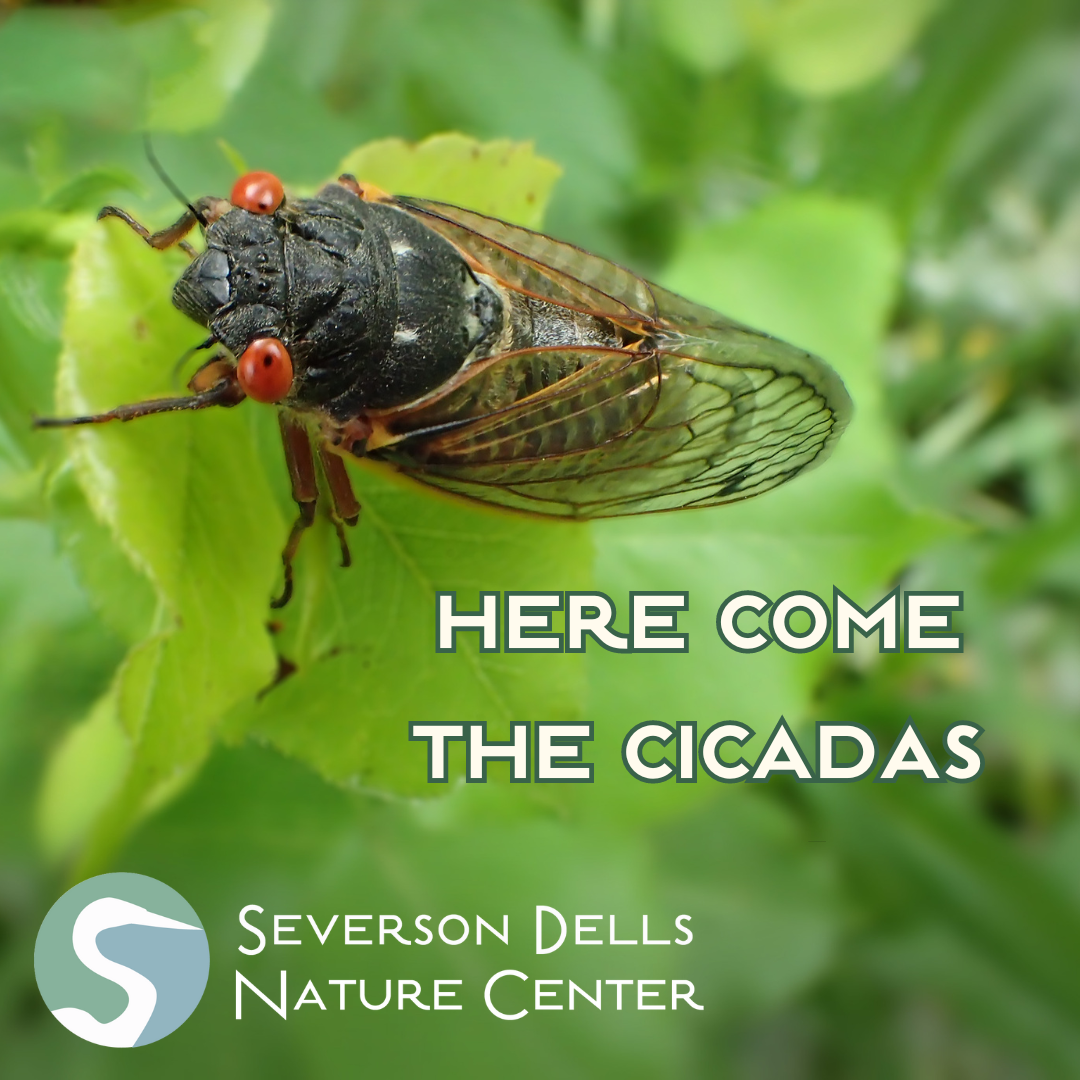

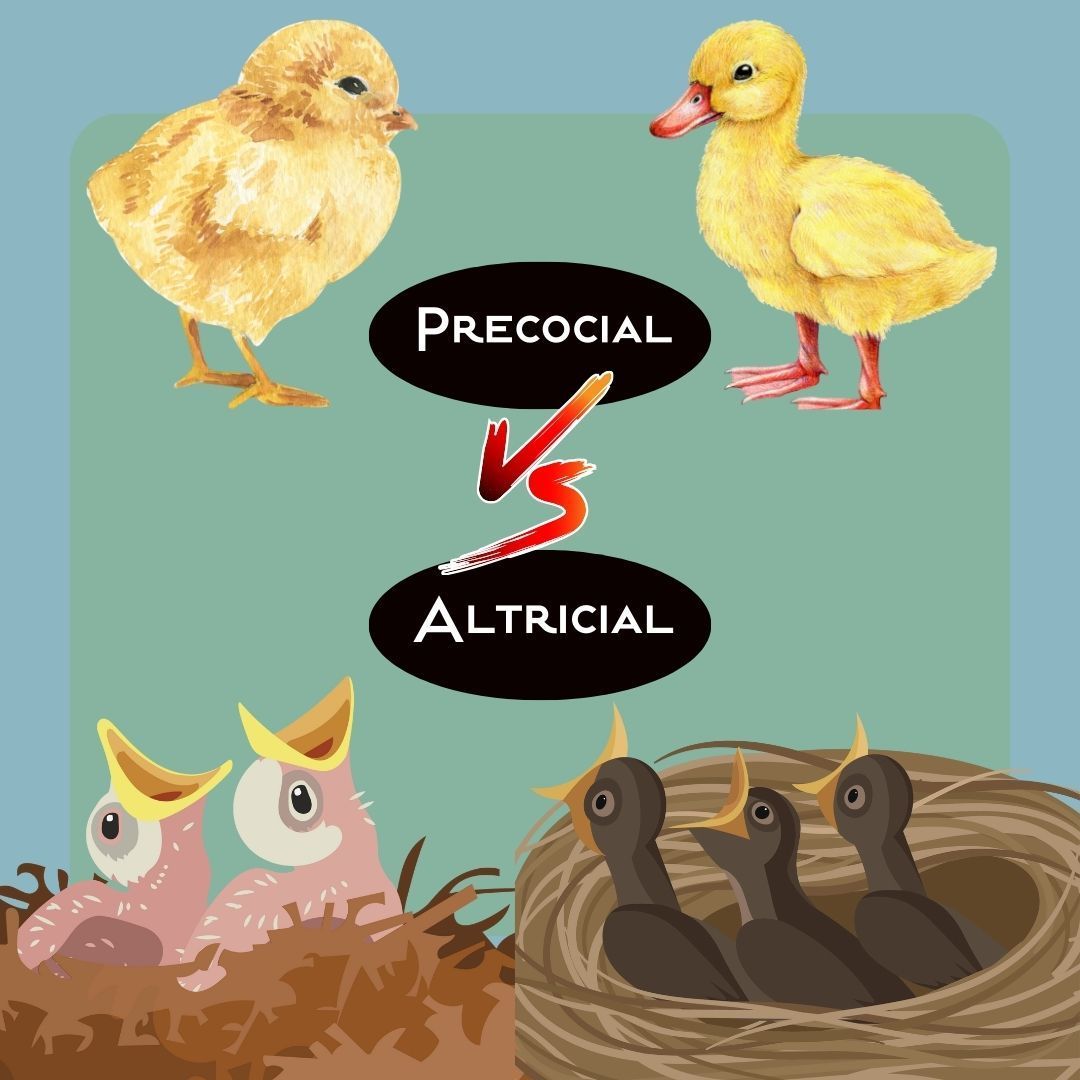
Land Acknowledgement Statement
Severson Dells Nature Center and Preserve are located on the traditional lands of the Ho-Chunk (Winnebago), Meskwaki, Winnebago (Nebraska) and Potawatomi. We recognize these people, among others, for their stewardship of this land.
To learn more about territory acknowledgments and to find out more about the land you are on, visit:
Native-Land.ca | Our home on native land. Please
contact us if you have additional information or suggestions.
Our Mission: To link people to nature through education and research, in the northern Illinois and southern Wisconsin area. We promote awareness of the natural world, fostering respect, enjoyment, and preservation now and in the future.
Contact us
8786 Montague Rd.
Rockford, IL 61102
Business Hours
- Mon - Sat
- -
- Sunday
- Closed
The Grove Nature Playscape and the trails
are open from sunrise to sunset.
Website Navigation
Business Sponsors

Slide title
Write your caption hereButton
Slide title
Write your caption hereButton
Slide title
Write your caption hereButton
Slide title
Write your caption hereButton
Slide title
Write your caption hereButton
Slide title
Write your caption hereButton
Slide title
Write your caption hereButton
Slide title
Write your caption hereButton
Slide title
Write your caption hereButton
Slide title
Write your caption hereButton
Slide title
Write your caption hereButton
Slide title
Write your caption hereButton
Slide title
Write your caption hereButton
Slide title
Write your caption hereButton
Slide title
Write your caption hereButton
Slide title
Write your caption hereButton
Slide title
Write your caption hereButton
Slide title
Write your caption hereButton
Slide title
Write your caption hereButton
Slide title
Write your caption hereButton
Slide title
Write your caption hereButton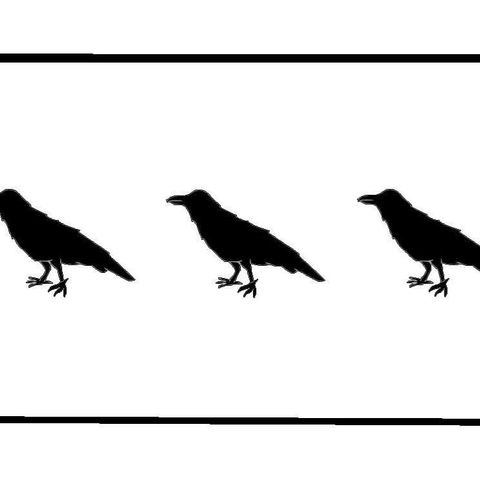
Slide title
Write your caption hereButton
Slide title
Write your caption hereButton
Slide title
Write your caption hereButton
Slide title
Write your caption hereButton
Slide title
Write your caption hereButton
Slide title
Write your caption hereButton
©2023 | All Rights Reserved | Severson Dells Nature Center
Website powered by Neon One







